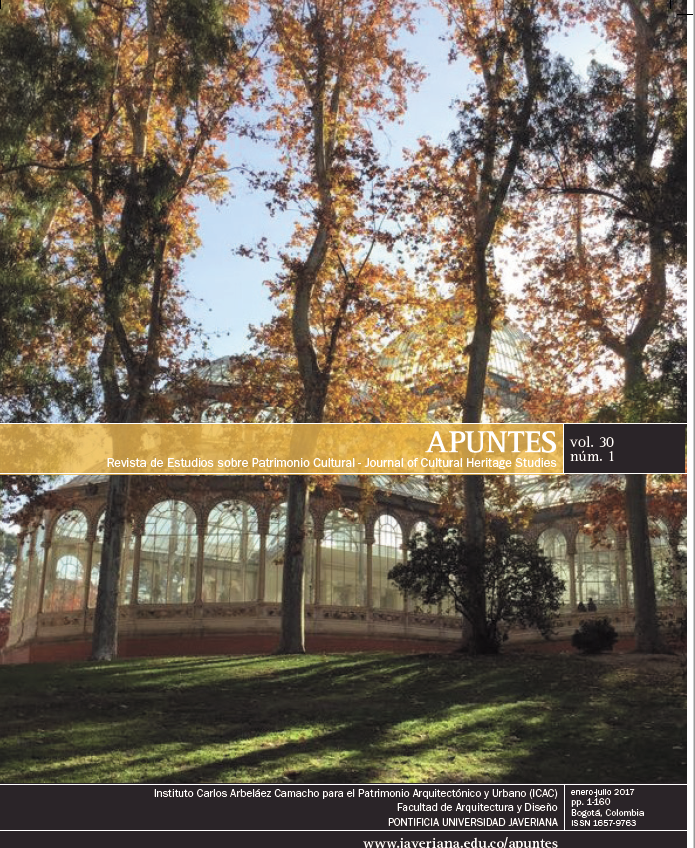Resumen
El Parque Arqueológico y Paleontológico Taimataima, ubicado al este de la ribera caribeña del estado Falcón, en el noroccidente venezolano, se encontraba en avanzado estado de deterioro, sin que las comunidades que integran el área de influencia mostraran algún signo de interés ante tal situación. Se planteó, entonces, implementar estrategias para la valoración del patrimonio natural y cultural, para lo cual se conformó un equipo multidisciplinario con la Universidad Nacional Experimental Francisco de Miranda (Unefm) y los consejos comunales, respaldado por los resultados que obtuvimos de la investigación arqueológica y geohistórica en la zona. Se realizaron unos talleres pedagógicos de apropiación social, diseñados de acuerdo con paradigmas educativos que brindaron herramientas para el cambio en las apreciaciones de los vecinos sobre su riqueza patrimonial. También se organizó una exposición: “Cruxent y el primer hombre americano en Falcón”, pionero en la investigación arqueológica de esta región. Los resultados lograron sensibilizar a los vecinos, quienes reconocieron su necesaria participación para alcanzar el rescate del parque, y los consejos comunales manifestaron su propósito de fortalecer su relación con las instituciones patrimoniales competentes y propusieron productos turísticos culturales para una gestión comunitaria.
La revista Apuntes se encuentra registrada bajo la licencia Creative Commons Reconocimiento 4.0 Internacional. Por lo tanto, esta obra se puede reproducir, distribuir y comunicar públicamente en formato digital, siempre que se reconozca el nombre de los autores y a la Pontificia Universidad Javeriana. Se permite citar, adaptar, transformar, autoarchivar, republicar y crear a partir del material, para cualquier finalidad (incluso comercial), siempre que se reconozca adecuadamente la autoría, se proporcione un enlace a la obra original y se indique si se han realizado cambios. La Pontificia Universidad Javeriana no retiene los derechos sobre las obras publicadas y los contenidos son responsabilidad exclusiva de los autores, quienes conservan sus derechos morales, intelectuales, de privacidad y publicidad.
El aval sobre la intervención de la obra (revisión, corrección de estilo, traducción, diagramación) y su posterior divulgación se otorga mediante una licencia de uso y no a través de una cesión de derechos, lo que representa que la revista y la Pontificia Universidad Javeriana se eximen de cualquier responsabilidad que se pueda derivar de una mala práctica ética por parte de los autores. En consecuencia de la protección brindada por la licencia de uso, la revista no se encuentra en la obligación de publicar retractaciones o modificar la información ya publicada, a no ser que la errata surja del proceso de gestión editorial. La publicación de contenidos en esta revista no representa regalías para los contribuyentes.


